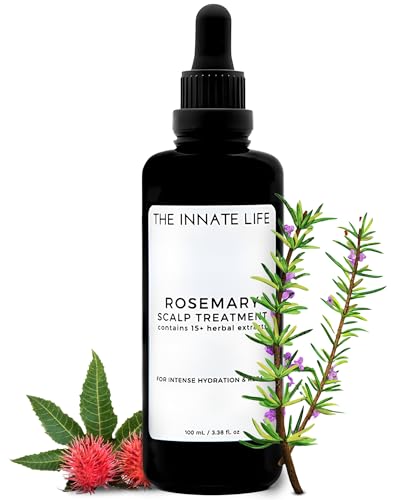Moringa Oil Is the Under-the-Radar Ingredient You Need to Fight Frizz—and Help Hair Growth
Dermatologists share what you need to know.

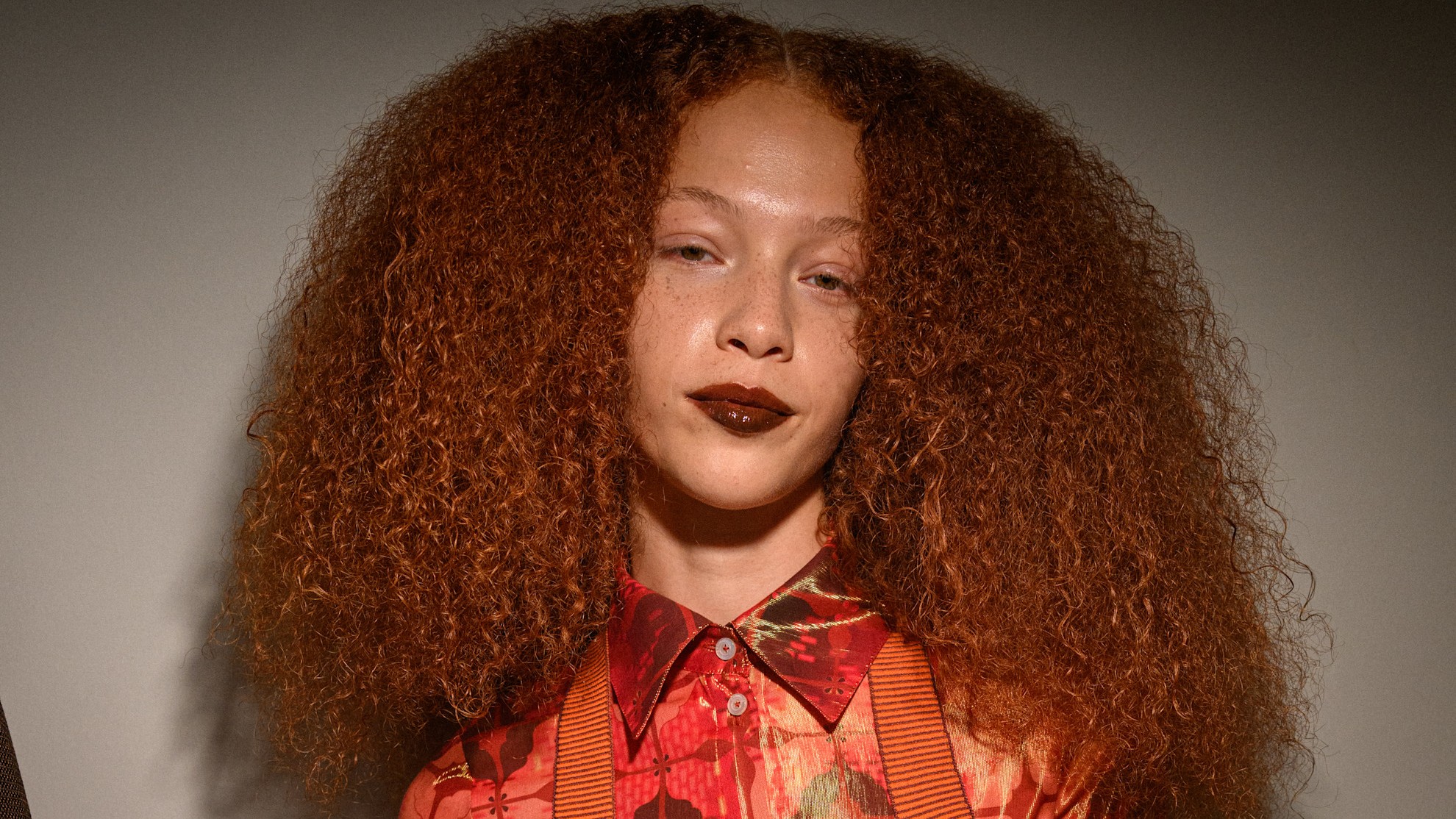
Within the past two years, I’ve grown my hair roughly four inches and doubled (honestly, maybe tripled) its thickness. It’s been a journey sponsored by regular haircuts (every eight weeks with Temur Hamilton) and a steady regimen of hair growth shampoos, scalp treatments, and hair growth serums. Somewhere between reading the product labels in my shower and scrolling through hair growth TikTok, I started to notice a new, buzzy ingredient making noise on the hair health scene: moringa oil.
It’s a natural ingredient derived from the seeds of the moringa tree, which is native to the sub-Himalayan region (think: north of India, Pakistan, Africa, and Arabia). Despite the hype, it’s not necessarily new—moringa oil’s nourishing properties have been traced back to ancient Egypt, Greece, and Rome. But within the past few months, it’s had some Really Good Marketing, gone viral on TikTok as a hair growth supplement, and become the star ingredient in some of my favorite serums from Verb, Vegamour, and even Nutrafol.
To get to the core of moringa oil can—and can’t—do, I spoke with board-certified dermatologists Marisa Garshick, MD, and Jenny Liu, MD. Here, they break down whether moringa oil can help with hair growth, how it compares to rosemary oil, and the best products to incorporate into your routine.
What Is Moringa Oil?
Moringa oil is a natural ingredient that’s derived from the seeds of the moringa tree, which is native to the Himalayas. “It’s rich in fatty acids, antioxidants, and vitamins,” explains Dr. Garshick. Given its rich profile, it’s long been used as an oral supplement and in eastern medicine practices to fight inflammation, boost immunity, and increase energy.
What Are the Benefits of Moringa Oil?
When it comes to hair, moringa oil has so many benefits for both individual strands and the scalp. “It has anti-inflammatory and moisturizing properties, so it helps nourish the scalp, smooth the hair shaft, and protect against breakage,” explains Dr. Liu. It’s also a huge help if you’re looking to tame frizz and protect against environmental stressors like sun exposure, chlorine, or pollution.
But one of the biggest pros (in my personal opinion) is its ability to soothe the scalp. While you’ll always want to consult your board-certified dermatologist if you’re dealing with eczema, psoriasis, or seborrheic dermatitis, moringa oil does have a calming and soothing effect that has personally helped me with scalp itchiness, dandruff, and irritation.
Can Moringa Oil Help Hair Growth?
The big question! The answer: there’s minimal evidence to support that moringa oil causes hair growth—but it does help create a healthy environment that makes hair growth much more likely. “Moringa oil promotes a healthy scalp, which is essential for optimal hair growth, but there isn’t strong scientific evidence that it directly stimulates hair growth the way it is thought that minoxidil may,” explains Dr. Garshick. “That said, by strengthening and conditioning the hair, it may help reduce breakage, allowing hair to appear healthier and longer.”
Get exclusive access to fashion and beauty trends, hot-off-the-press celebrity news, and more.
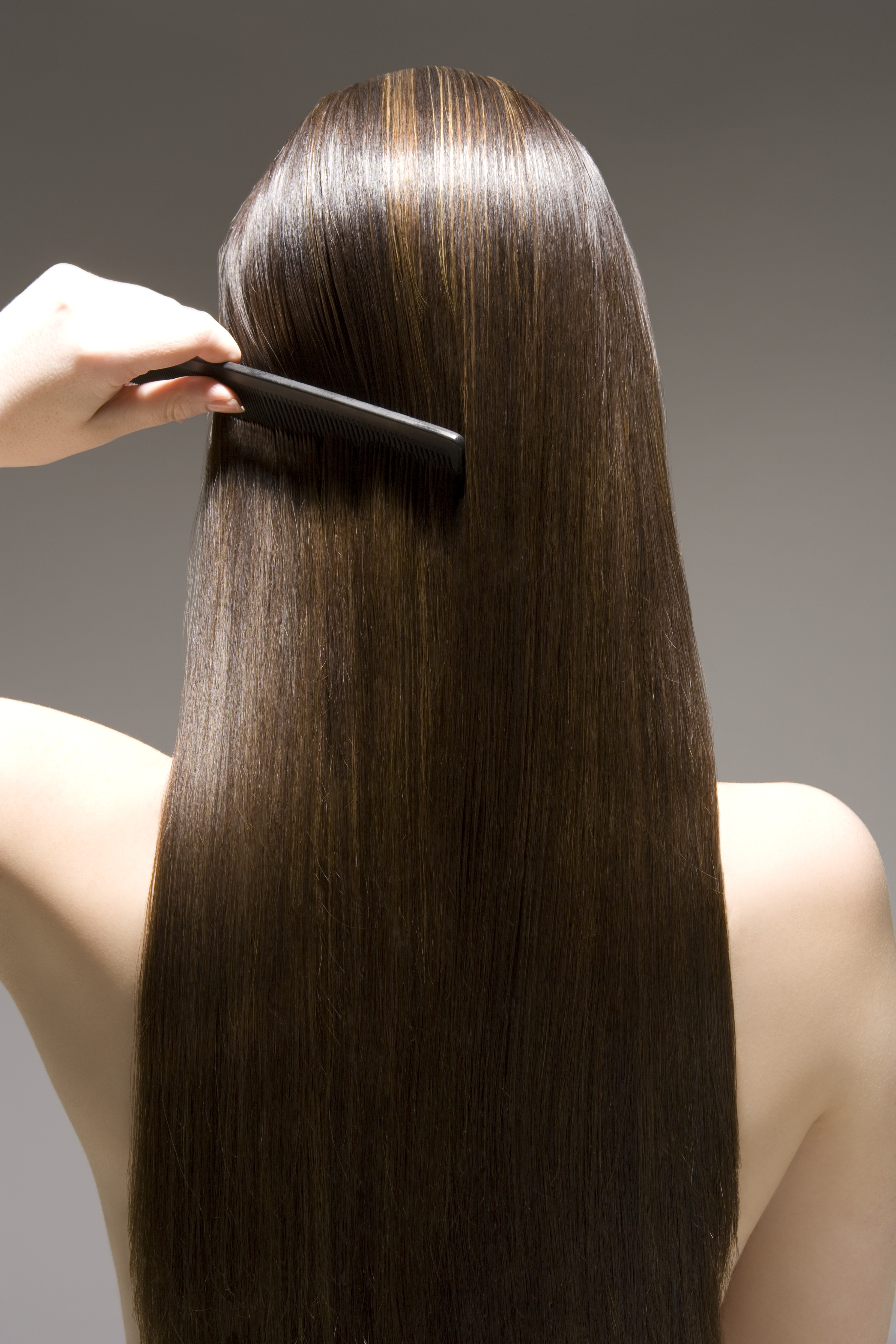
How Is Moringa Oil Different Than Rosemary Oil?
Rosemary oil is one of the most popular hair growth oils—and there is some compelling evidence that it can boost circulation and promote hair growth. Moringa oil, on the other hand, is more of a conditioning and barrier-supporting oil, explains Dr. Liu. “It helps nourish the scalp, smooth the hair shaft, and protect against breakage, but it doesn’t have the same targeted activity on the follicle as rosemary or pumpkin seed oil,” she adds, noting that even those two require more studies for definitive proof.
How Do I Use Moringa Oil?
While you can order pure moringa oil or cold-pressed moringa oil on Amazon or get a vial from an apothecary, Dr. Liu says that more diluted versions are going to be more user-friendly and less greasy for fine or oily hair types. The good news: you don’t have to play chemist—there are so many over-the-counter formulations available in finishing oils, pre-shampoo treatments, and leave-ins that do a great job. “Moringa oil can be massaged into the scalp, applied to mid-lengths and ends to reduce dryness and frizz, or added to a conditioner or hair mask for extra nourishment,” Dr. Garshick explains. You can even leave your treatment in overnight for an extra dose of TLC—just don’t overdo it. Deep treatments too frequently can lead to buildup.
As for where to apply moringa oil? It really depends on your concerns. “It’s best to apply to the mid-shaft and ends if you’re looking to hydrate and smooth, while applying it to the scalp can help to soothe and nourish that area,” adds Dr. Garshick.
Will Moringa Oil Irritate My Sensitive Scalp?
As a sensitive skin girl, irritation is always my number one concern. But the good news: “Moringa oil is non-irritating and well tolerated—even on the scalp,” says Dr. Liu. “That said, anyone with a sensitive scalp or history of contact dermatitis should patch test first, particularly if you’re using pure or undiluted oils.”
Best Moringa Oil Hair Products
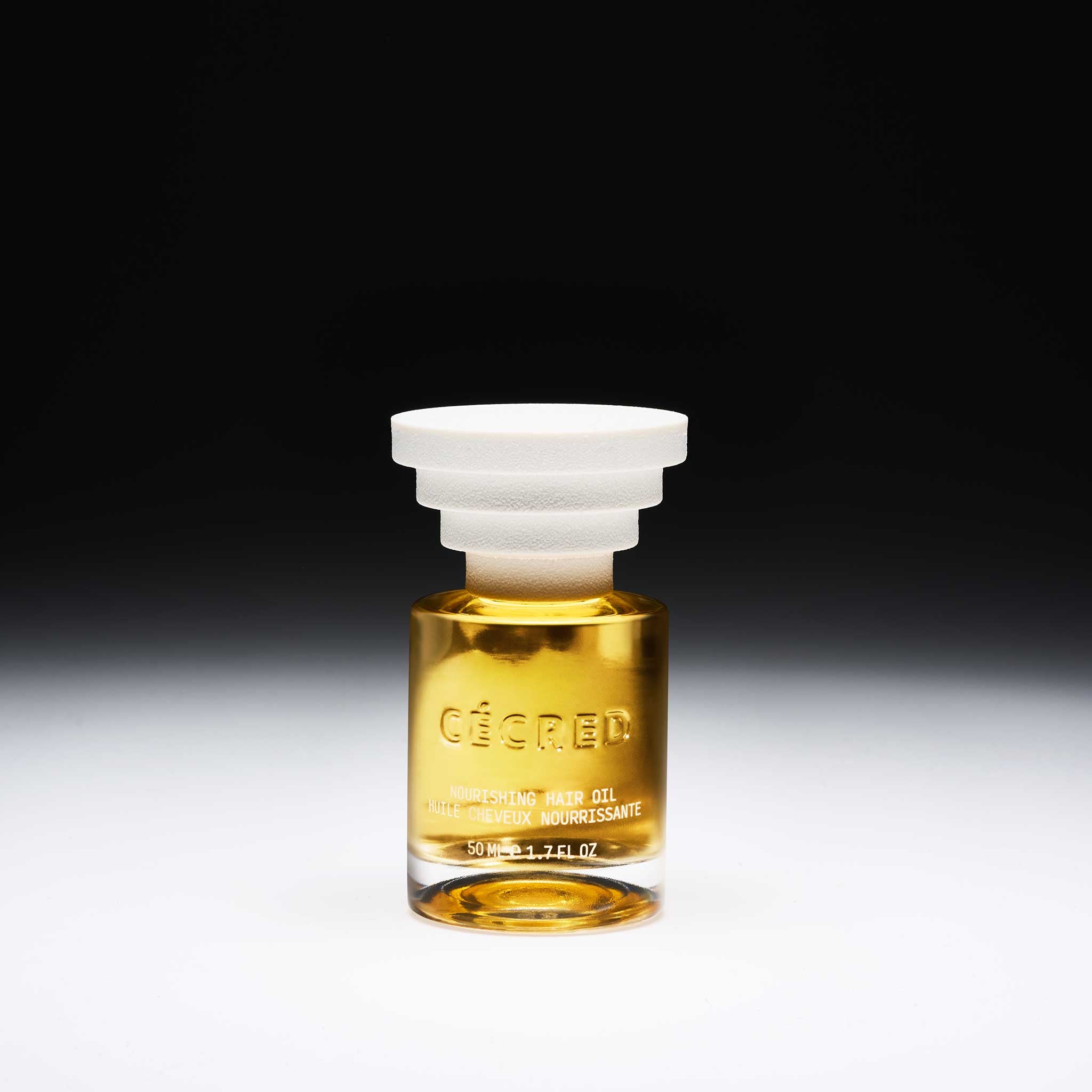
I never need convincing to try one of Beyoncé’s hair products, but an endorsement from Dr. Garshick certainly doesn’t hurt. “This incorporates moringa oil in addition to a blend of other oils and plant-based extracts, so it helps to soften and smooth the hair, keeping the hair hydrated.”
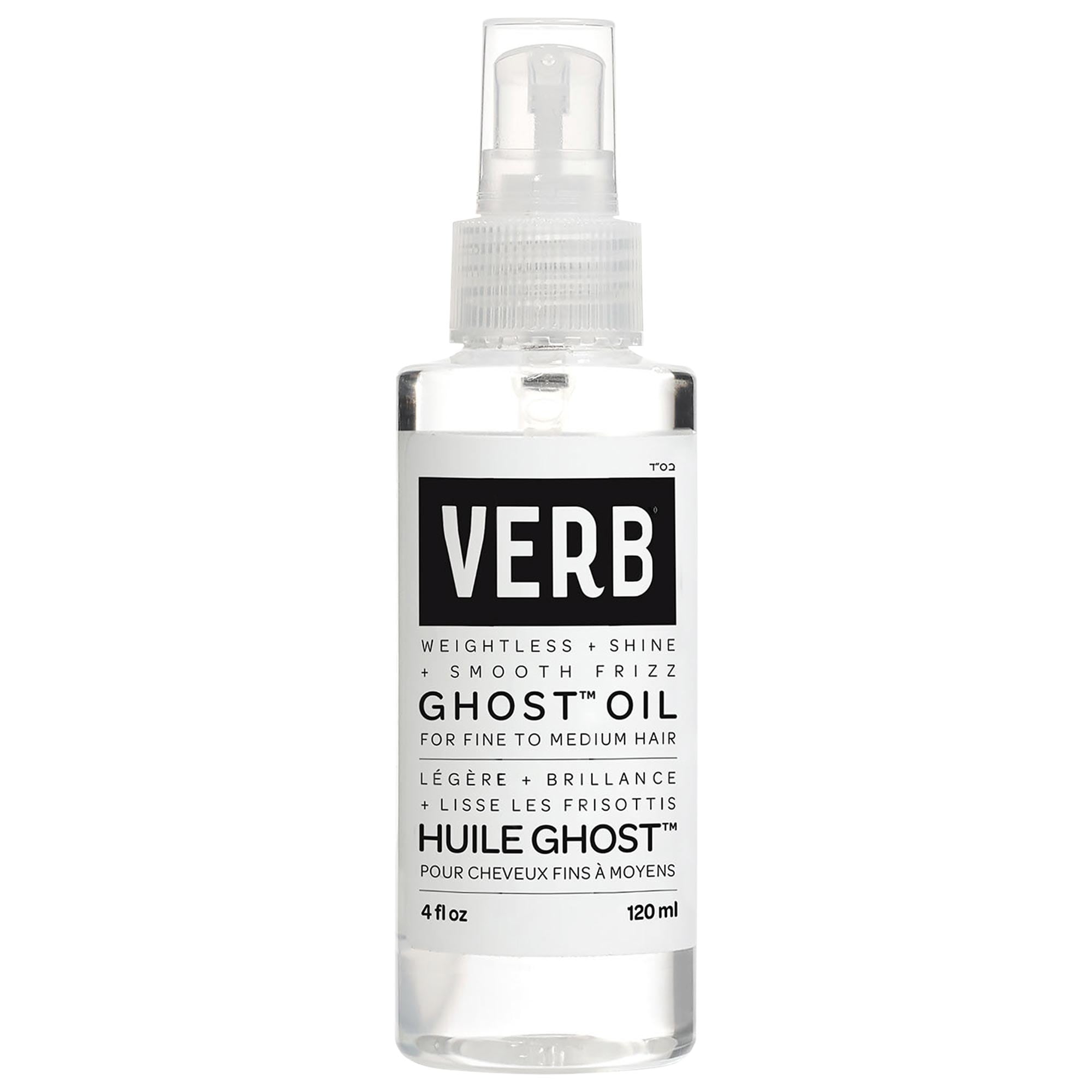
Verb is one of my go-to drugstore hair brands—their shampoo and conditioner are staples in my shower. As for this moringa-based oil? “It helps to tame frizz, enhance shine, and tame flyaways. Plus, it’s lightweight and great for daily use.”
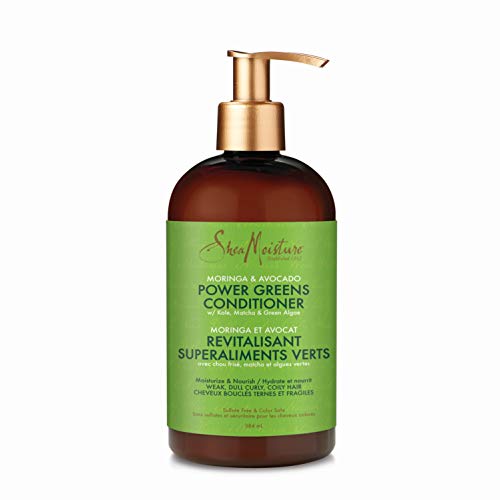
If tangles and dry strands or split ends are your primary concern, Dr. Liu suggests scooping up this drugstore product. “It’s great for hydrating and detangling,” she says. Plus, the price point can’t be beat.
Why Trust Marie Claire
For more than 30 years, Marie Claire has been an internationally recognized destination for news, fashion and beauty trends, investigative packages, and more. When it comes to the products Marie Claire recommends, we take your faith in us seriously. Every product that we feature comes personally recommended by a Marie Claire writer or editor, or by an expert we’ve spoken to firsthand
Meet the Experts

Marisa Garshick, MD, FAAD is a leading board-certified dermatologist serving patients throughout Manhattan, New York and Englewood, NJ at MDCS Dermatology: Medical Dermatology & Cosmetic Surgery, as well as an assistant clinical professor of dermatology at Cornell - New York Presbyterian Medical Center. Dr. Garshick provides a wide variety of cosmetic and medical procedures and services including treatments for acne, eczema, hyperhidrosis, moles, psoriasis, rosacea, signs of aging, skin cancer, skin tags, vitiligo, and wrinkles.
She completed her undergraduate education at Emory University and attended medical school at Tufts University School of Medicine, where she graduated with Research Honors and Alpha Omega Alpha. As a medical student, Dr. Garshick was awarded the prestigious Doris Duke Clinical Research Fellowship at Harvard Medical School, during which she performed dermatology clinical trials and research at Massachusetts General Hospital. She was also awarded the American Medical Women’s Association Glasgow-Rubin Academic Achievement Award for graduating in the top of her class and the William Dameshek Award for Research Excellence. Dr. Garshick’s post-graduate training in dermatology began with an internship at Memorial Sloan Kettering Cancer Center. She completed her dermatology residency at Cornell’s New York Presbyterian Hospital, where she served as Chief Resident in Dermatology. Dr. Garshick has numerous publications in scientific journals and book chapters, including a chapter on the treatment of acne, and has presented at national meetings. She specializes in general medical dermatology, including adults and pediatrics, and cosmetic dermatology, including neurotoxins, fillers, chemical peels, and lasers. Dr. Garshick is also involved in teaching the dermatology residents at Cornell, leading discussions reviewing the latest dermatology literature. She is a member of the American Academy of Dermatology, the American Society of Dermatologic Surgery and the Women’s Dermatologic Society, as well as an Assistant Clinical Professor.

Dr. Jenny Liu is a board-certified dermatologist.
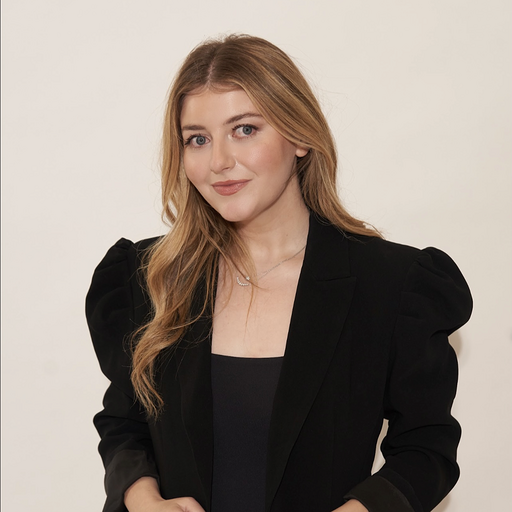
Samantha Holender is the Senior Beauty Editor at Marie Claire, where she reports on the best new launches, dives into the science behind skincare, and shares the breakdown on the latest and greatest trends in the beauty space. She's studied up on every ingredient you'll find on INCI list and is constantly in search of the world's glowiest makeup products. She's constantly tracking the biggest nail and hair trends to pop up in the beauty space, going backstage during fashion weeks, tracking celebrity looks, and constantly talking to celebrity hair stylists, nail artists, and makeup artists. Prior to joining the team, she worked as Us Weekly’s Beauty and Style Editor, where she stayed on the pulse of pop culture and broke down celebrity beauty routines, hair transformations, and red carpet looks. Her words have also appeared on Popsugar, Makeup.com, Skincare.com, Delish.com, and Philadelphia Wedding. Samantha also serves as a board member for the American Society of Magazine Editors (ASME). She first joined the organization in 2018, when she worked as an editorial intern at Food Network Magazine and Pioneer Woman Magazine. Samantha has a degree in Journalism and Mass Communications from The George Washington University’s School of Media and Public Affairs. While at GWU, she was a founding member of the school’s HerCampus chapter and served as its President for four years. When she’s not deep in the beauty closet or swatching eyeshadows, you can find her obsessing over Real Housewives and all things Bravo. Keep up with her on Instagram @samholender.
